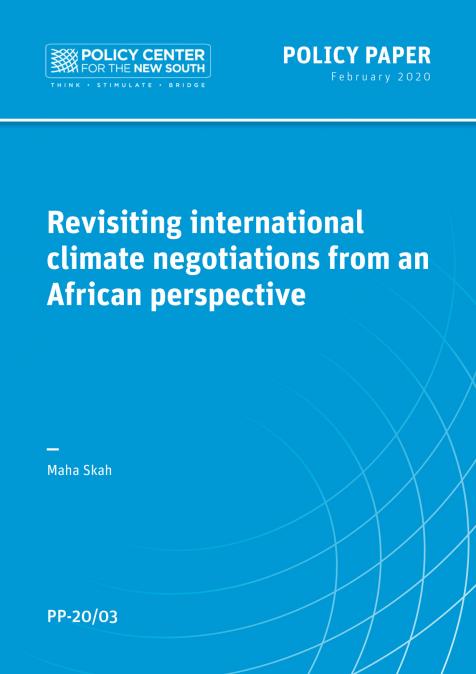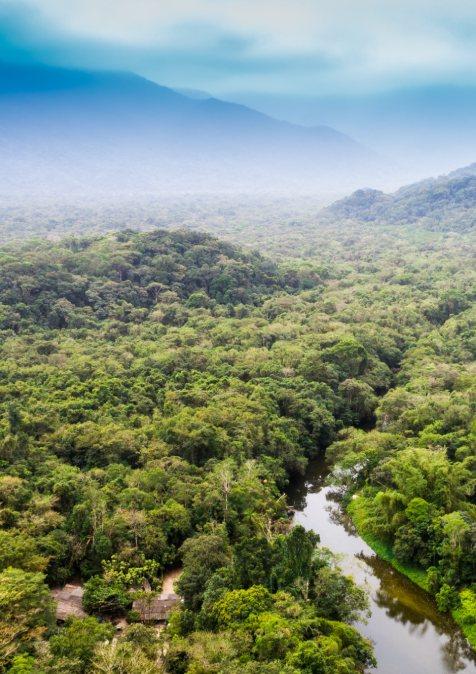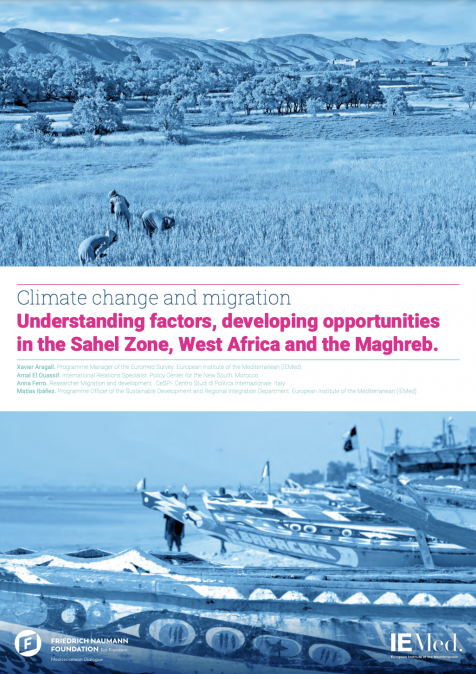Publications /
Policy Paper
2020 is an important year for the international climate agenda despite a general loss of momentum and resurgence of the divide between traditional polluters, emerging polluters, and the most vulnerable countries. While African countries only contribute to 4% of global GHG emissions, their capacity to adapt to climate change’s devastating impact on societies, livelihoods, economies, and ecosystems is limited. This paper provides a synthesis of the existing literature and recent developments related to Africa’s position in international climate negotiations. It also provides policy recommendations for African countries to claim a stronger voice and ensure that their priorities (climate finance, technology transfer and capacity building) are better reflected in the international climate regime.








